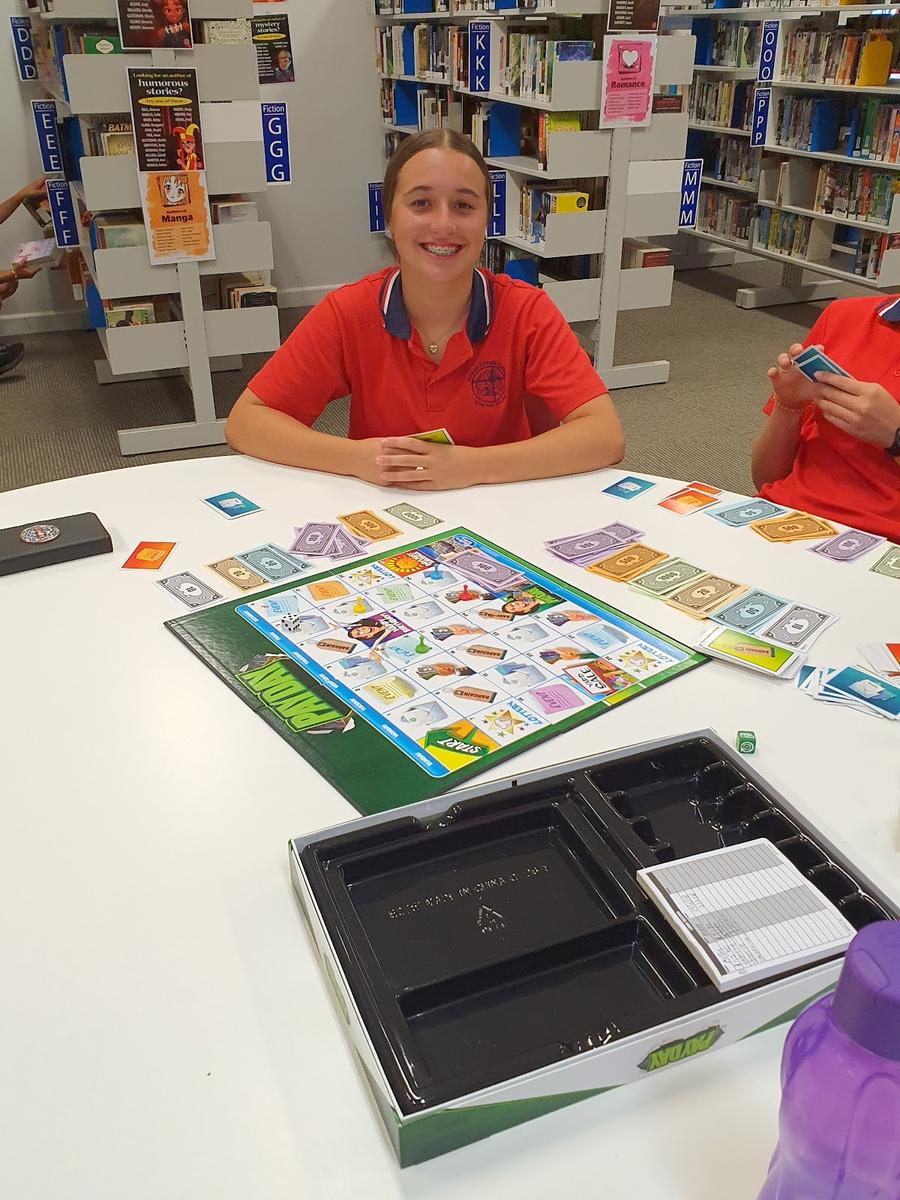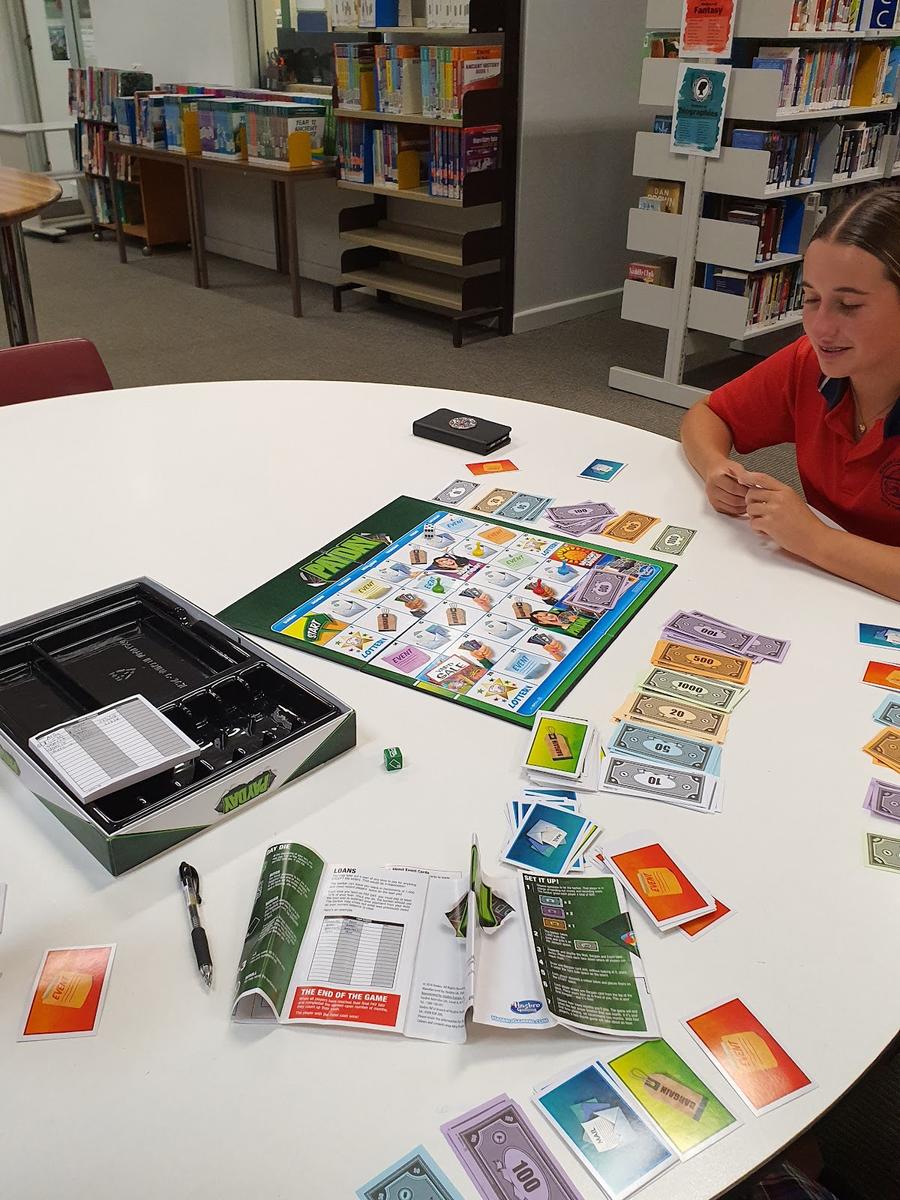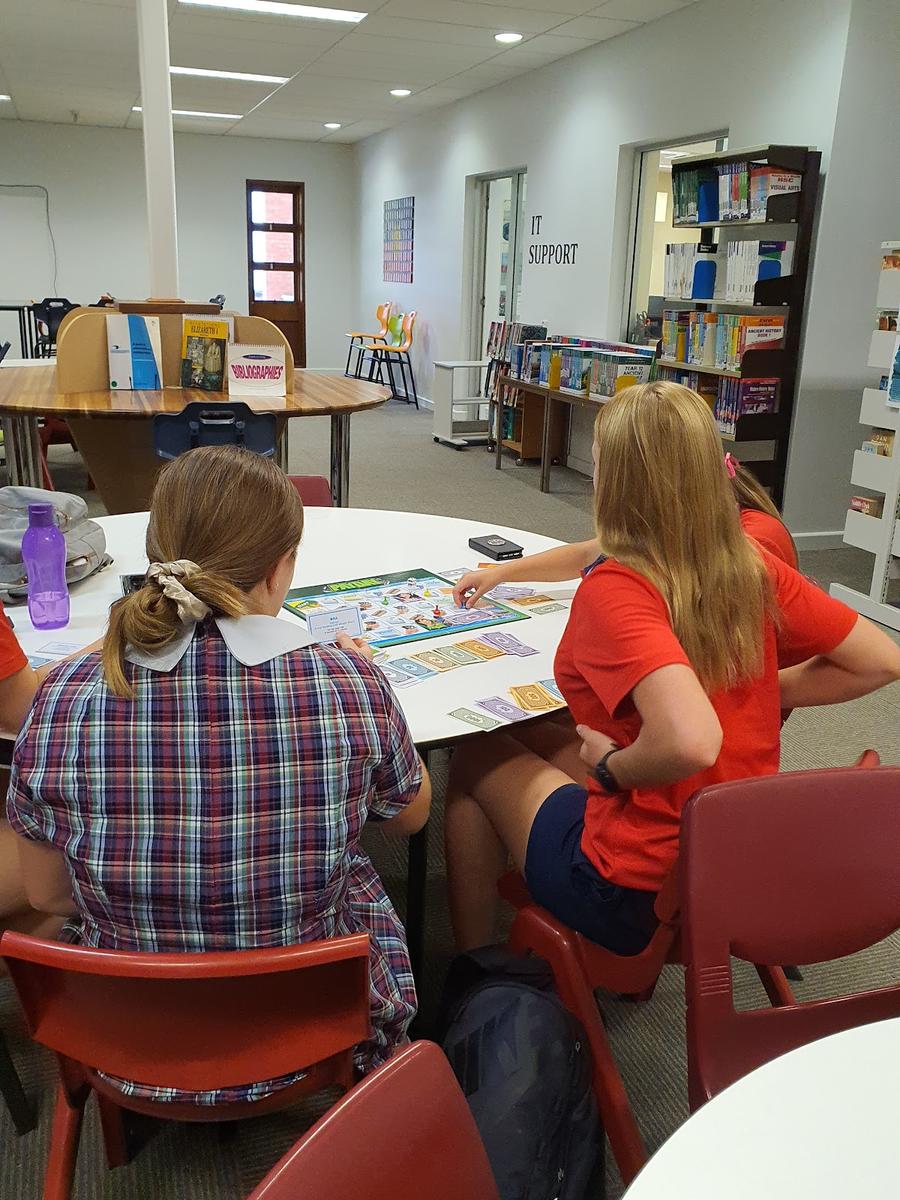The Importance
of Playing Games

The Importance
of Playing Games
Do you remember sitting around the dining table as a child playing board games with your friends and family? You might not have realised it but you were learning maths and many other skills. Games such as Monopoly, Pay Day, Rummikub, MasterMind and many other games require us to think mathematically and logically. Many students, when learning about probability in maths class, do not know simple card facts such as how many cards are in a deck of cards, how many suits in a deck, what a picture card is. Playing these games with your child can help to develop their mathematical thinking and teach them about the probability of winning/losing within a game.
'Shin, Sutherland, Norris and Soloway (2012) state that games have consistently yielded positive results with regard to student motivation, persistence, curiosity, attention and attitude toward learning and their study indicates that games can have a positive impact on students learning in mathematics regardless of their ability level. Squire (2005) states that play is a powerful pervasive method of learning outside school, it is crucial to the development of new skills and developing social roles. He goes on to indicate that games allow us to bend or temporarily dismiss normal social rules and hence take on a different identity within the game (Squire, 2005). Games can create intense engagement in learners, encourage active learning or learning by doing, which are effective tools for enhancing learning and understanding of complex subject matter. Games are an effective way to learn because they combine learning and fun, offer maths in different contexts that require exploration and challenge them to learn maths.'
So in this time of social isolation due to COVID-19 why not sit down and help your child learn maths (or English) by playing a family board or card game. Help to make the learning of maths fun.






References:
Shin, N., Sutherland, L. M., Norris, C. A., & Soloway, E. (2012). Effects of game technology on elementary student learning in mathematics. British journal of educational technology, 43(4), pp. 540-560.
Squire, K., (2005). Changing the Game: What happens when video games enter the classroom? Innovate: Journal of Online Education, 1 (6),
Amanda Brown | Mathematics Coordinator